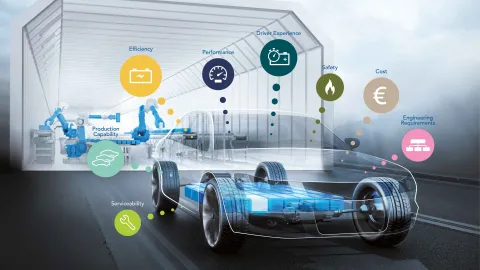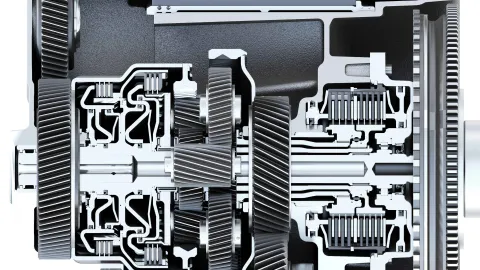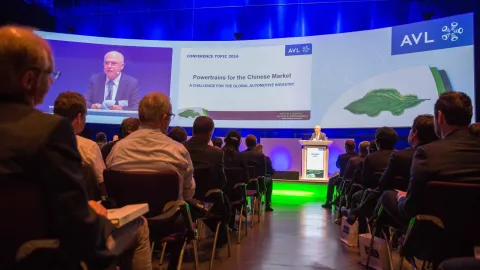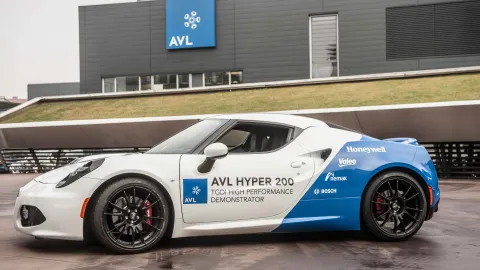Solutions for the development of software-defined vehicles
- EN,

On the path to series production readiness of the software-defined vehicle, many changes arise in the development and approval processes as well as in the field follow-up. At the International Suppliers Fair (IZB) at booth 1403, AVL will present proven and established solutions that enable global, decentralized development teams to carry out their projects in an audit-proof and efficient way.
Mainz-Kastel (Germany), October 11, 2022: Dynamic legal requirements in the automotive industry are driving the effort for revision security and data management in the development process. Therefore, AVL is presenting solutions for parameter and data status management for ECU software at IZB 2022 from October 13 to 16, 2022, in Wolfsburg. AVL's software development and simulation tools are CI/CD-capable (Continuous Integration/Continuous Delivery) and support processes that are compliant with UNECE R155/156 (ISO 21434) and ISO 26262 requirements.
"By digitizing the vehicle development process with state-of-the-art and highly scalable simulation and technology platforms, AVL creates new, sustainable solutions to further push developments in the field of future mobility. We effectively accompany model-based development as well as tests in simulation, on the testbed and on the test track," explains Roland Jeutter, Managing Director at AVL Deutschland GmbH.
In the area of autonomous and highly automated driving, in particular, new challenges have arisen for cybersecurity, software update and variant management, as well as audit-proof data management. The development and testing of functions that can be experienced by customers requires efficient processing, analysis and simulation of a rapidly growing volume of recorded vehicle data as well as the ability to deal with a variety of new sensor and data types. For example, the implementation of the EU General Safety Regulation (GSR) and UNECE regulations on autonomous driving requires efficient acquisition, processing and analysis of a rapidly growing amount of dynamic ground truth, simulation and ASAM OpenSCENARIO data. Therefore, at the IZB AVL presents solutions that allow efficient and scalable search, visualization and analysis of large datasets in an integrated way. The tools address core topics such as embedded software development, the management of processes and work products for functional safety, cyber security and software updates over the complete development and life cycle.
AVL is a world-leading technology company specialising in development, simulation and testing in the automotive industry and other sectors such as rail, marine and energy. Through extensive research, AVL delivers concepts, technology solutions, methodologies and development tools for sustainable, safe and advanced mobility and beyond.
AVL supports international partners and customers in sustainable and digital transformation, with a focus on electrification, software, AI and automation. AVL also supports companies in energy-intensive sectors on their way to green and efficient energy generation and supply.
For more information: www.avl.com

- EN,

- EN,

- EN,

- EN,
Stay up-to-date as a journalist with our latest press releases concerning company updates, research projects, our latest developments, and more.
Download our fact sheet to get a comprehensive overview about what we do as well as our latest company figures.
Get in touch with our Press-Team
For all press and media enquires please email: